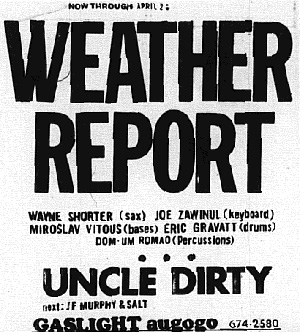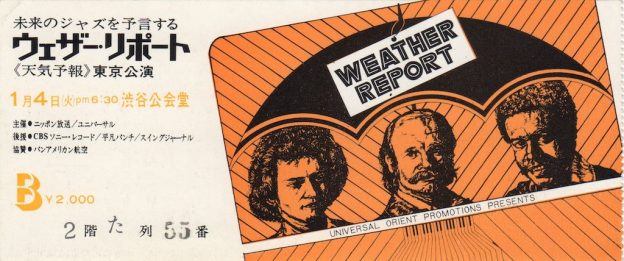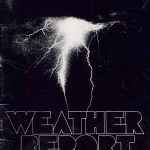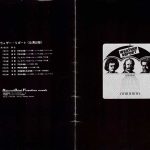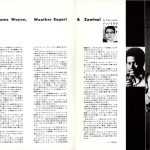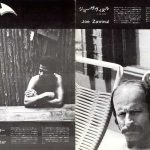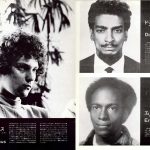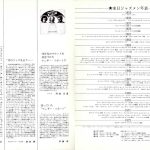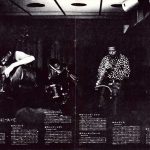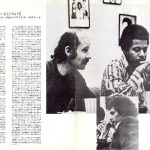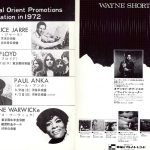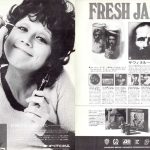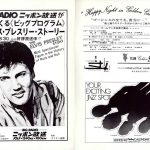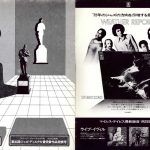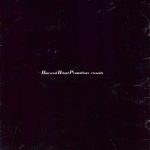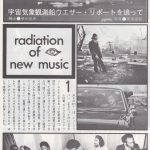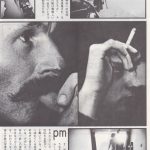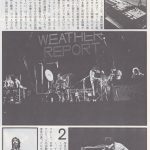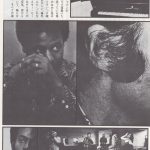The New York Times review was more extensive. Don Heckman, a musician himself and a longtime observer of the jazz scene, wrote that Weather Report “leaned strongly in the direction of avant-hard jazz. . . . Urged on by the keyboard ministrations of Joe Zawinul and Wayne Shorter’s stunning saxophone improvisations, the group stepped familiarly through the sometimes mazelike pathways of its music. Everything was grist for the mill; electronic noise effects, unusual percussion instruments, almost anything imaginable except vocal sounds.”
However, Heckman was most perceptive in his next two paragraphs. “It was good music, well-executed and magnificantly executed,” he wrote. “Yet one couldn’t help but feel that it was more enjoyable to the musicians than to the listeners. The inward focus that dominated everything, the sense of total inter-relationship at the cost of outward-going communication made it difficult to stay with what was happening.
“Music, after all, is a kind of celebration, and it should be the kind of celebration that brings players and hearers together.”
Zawinul would have read this review, and it would have struck a chord. While he enjoyed Weather Report’s freewheeling ways—at least to an extent—he was keenly interested in communicating with his audiences. His old boss, Cannonball Adderley, was a master at playing to his audiences without pandering to them.
It would be several more months before Joe resolved to change the band’s direction. In the meantime, Weather Report’s new manager Bob Devere kept them booked throughout the rest of the year, with over one hundred gigs in 1972.


















